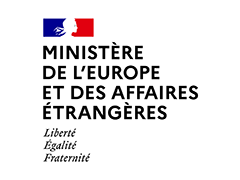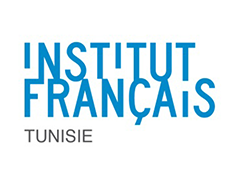Nos programmes
Sa7et Al Mojtama3 – SAM
Programme actif
Capacity-building and networking for local healthcare players to improve patient care.
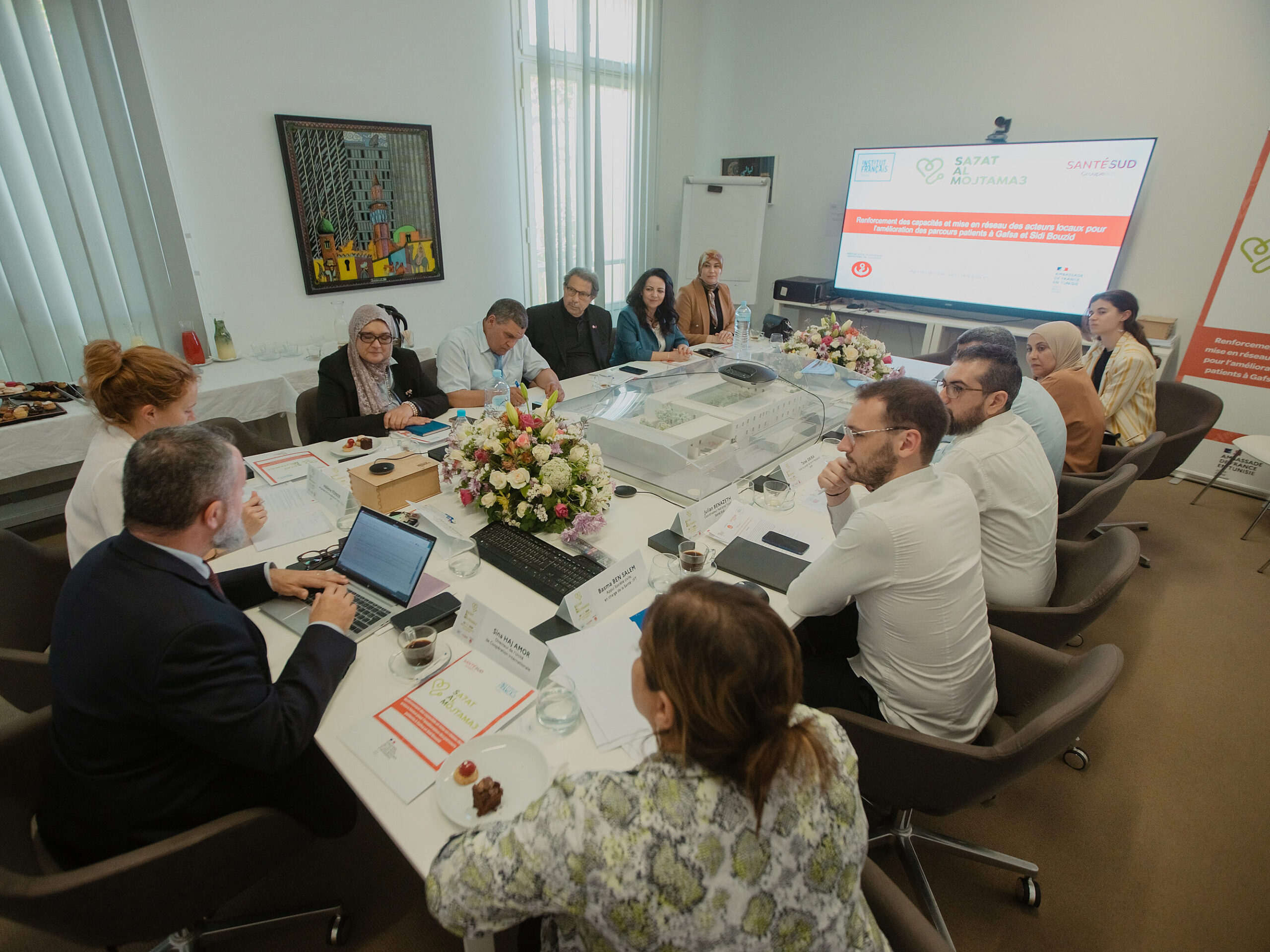
Impact
+ more than 300
people consulted about their health needs, issues and expectations
18
members of local civil society organisations supported and trained
2
regional health
accompanied
12
community relays trained and equipped to implement preventive actions on priority health issues
Diagnosis
Tunisia is marked by major inequalities in the exercise of the right to health, in terms of availability, accessibility, quality and knowledge of health services. The density of doctors is much lower in the country’s inland and rural areas than in the coastal regions and the capital. In addition to reduced access to information and little action taken in terms of prevention and dissemination of good health and nutrition practices, this situation leads to delays in early detection and use of healthcare for non-communicable diseases such as cancer and diabetes.
Non-communicable diseases are the main cause of death in Tunisia. Among them, endocrine diseases, particularly diabetes, constitute the 4ᵉ cause of death, while cancers occupy second place. Breast cancer, in particular, is the leading cause of death in women aged between 35 and 55.
Given the shortage of doctors in the areas targeted by the project, one effective method of action is to work directly with members of local civil society, in order to provide solutions as close as possible to the community concerned, using a community health approach.
Project
The aim of this project is to achieve a sustainable improvement in access to quality healthcare for the inhabitants of the Gafsa and Sidi Bouzid regions, particularly for people suffering from diabetes or breast cancer. With this in mind, Santé Sud and its partners will be working in two areas:
- Support for local health structures with a view to improving patient pathways and the quality of care: prevention, co-construction of plans to improve patient pathways in each governorate, support for regional health directors in implementing training plans for health staff.
- Strengthening the capacities and involvement of civil society in Tunisia’s inland areas: working with 5 local civil society organisations to create a network of community relays, awareness-raising and health promotion initiatives in conjunction with health centres, an ‘outreach’ approach to the populations furthest from healthcare to help them rediscover a smooth patient pathway, support for the implementation of micro-projects.
Operational partners

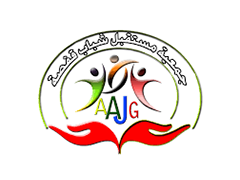
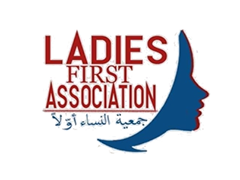
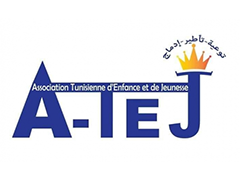
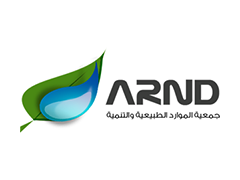
Financial partners
